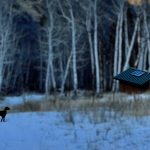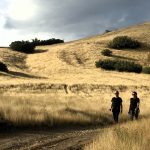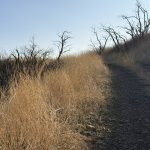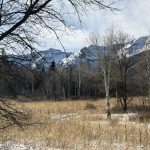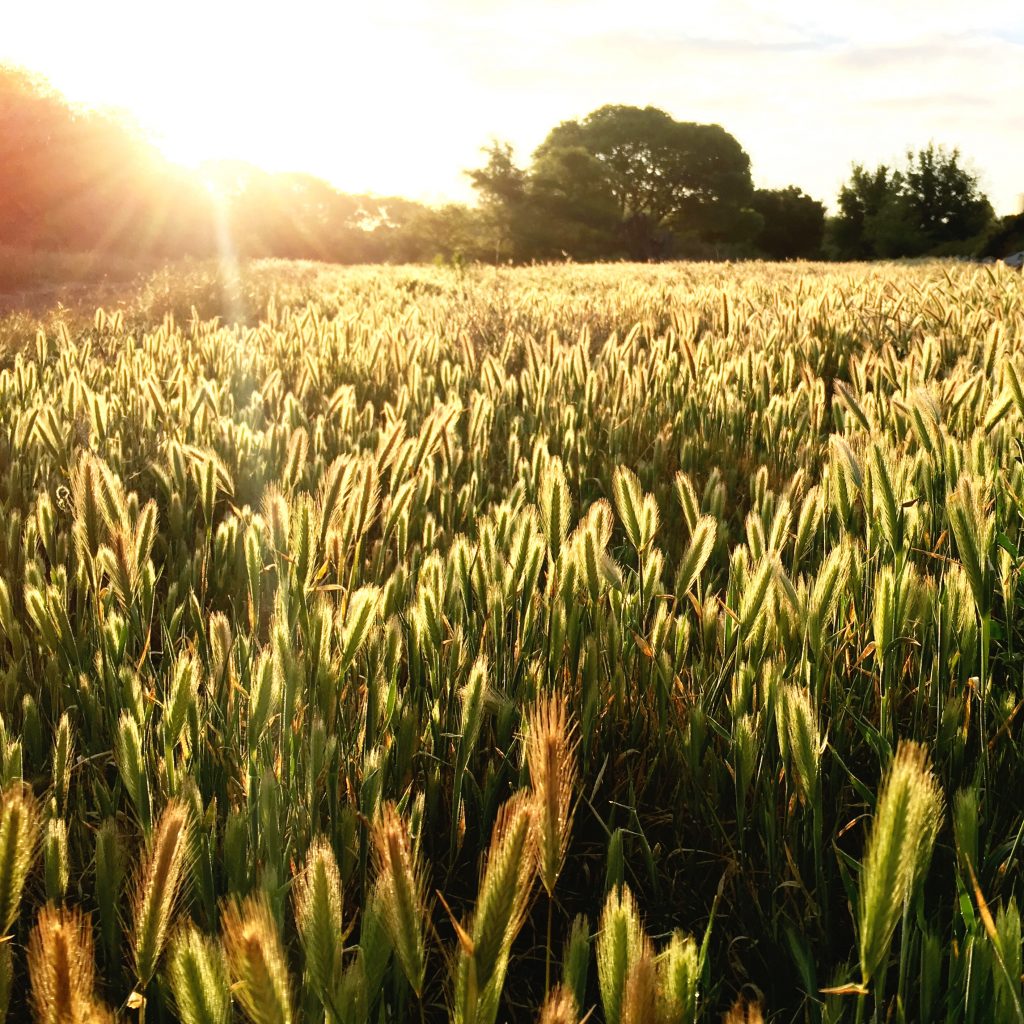
With the seasons changing, I’m writing this in near-dark early one morning. My screen glows in my face—an otherworldly glow that illuminates my workspace. Out of habit, I unplugged my device right after I woke—we both should be fully charged. I’m awake and rested myself, yet I feel untethered—unsure about my own connection. How do I get there? How do I reach the same level of fully charged for the day ahead?
The Apostle Paul once urged that we be “rooted and grounded in love” (Ephesians 3:17). He mixed his metaphors with purpose—roots sinking deep into soil, foundations fastened to bedrock. Stability. Nourishment. Strength. In another letter he urged believers to remain “stable and steadfast, not shifting from the hope of the gospel” (Colossians 1:23). To be grounded, Paul insists, is not optional.
Jesus said the same in simpler terms: “Abide in me, and I in you… for without me ye can do nothing” (John 15:4–5). Disconnected, we wither. Abiding, we flourish. Made of glass and circuitry, my phone wouldn’t last more than 24 hours on its own. Can I?
Nature reminds us of the same truth. Water follows the fall line, always seeking the course of least resistance downhill. Loose rock slides until it reaches the angle of repose—the slope where gravity and friction finally balance. Left to ourselves, we do the same: drifting where it’s easiest, settling where the slide stops. Without roots or foundation, we collapse.
A study released recently by the University of Exeter reported that more than one in three children in Britain don’t play outdoors after school, and one in five not even on weekends. Those who do show stronger social and emotional skills. It’s not hard to see why: time outdoors strengthens something inward. (University of Exeter / Born in Bradford study on children’s outdoor play: Phys.org summary, The Guardian coverage.)
Couldn’t we all benefit from this thinking? Our culture often shouts “put down your phone,” but that’s not the heart of it. The deeper invitation is to touch nature frequently—to remember we’re creatures of soil and water, not only of screens and schedules.
Earlier this summer, I began walking each evening barefoot around the park near my home. Neighbors asked coyly if I was “grounding”—a term I’d heard but didn’t understand. At first, my only answer was, I’m walking barefoot because it feels good. And it did. The heat of the day rose through asphalt and concrete, then gave way to cool, damp grass. Each lap was contrast: the rough bite of tiny gravel, the slick warmth of sunbaked stone, the cushion of blades bending and springing back. It was more than just soles on soil—it was body and mind registering the difference, the ground reintroducing itself to me step by step.
At first, every sharp stone was a jolt. But over time my feet toughened, and the irritations became rhythm. Was this grounding? And if so, was I grounding sufficiently?
The benefit wasn’t tougher soles. It was the way the practice tuned my senses. I noticed what I had ignored: the smell of cut grass mixing with musty dirt, the shift of air against my skin, the stretch of shadows, the joyous shouts of children on the playground. Walking barefoot slowed me down enough to feel the world again. It made me present.
Scripture knew this long before scientists measured it. The psalmist said the righteous are “like a tree planted by streams of water” (Psalm 1:3). Jeremiah described those who trust in the Lord as trees whose leaves stay green even in drought (Jeremiah 17:7–8). Roots matter. Connection matters. Without them, we’re electronic devices—momentarily bright, quickly fading.
So here in the dim glow of my screen, I feel the tug of that truth. The day ahead will bring color and noise, but first I need connection. Not just a device charging on the desk, but a soul rooted in God’s love, steady enough to draw strength.
To be grounded is to resist the free fall of disconnection—the hollow drop in the stomach when you miss a step—and to find again the wholeheartedness of connection. It is to be charged, rooted, anchored, and held.
And though I hadn’t stepped outside yet today, eventually I will open the door. Cool air will meet me, fresher than expected. The damp, earthy breath of morning will touch lungs and skin, shifting something in me. Black will become gray. Gray will shift toward color. My own effort to seek connection—whether by words on a page or soles on soil—will bring color back to my life, just as the rising day returns color to the world outside.


